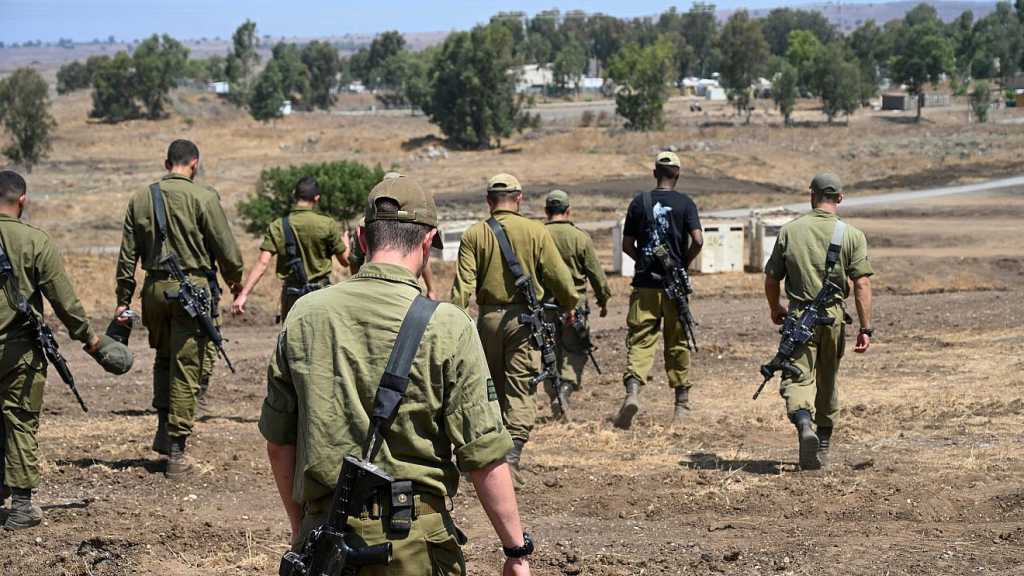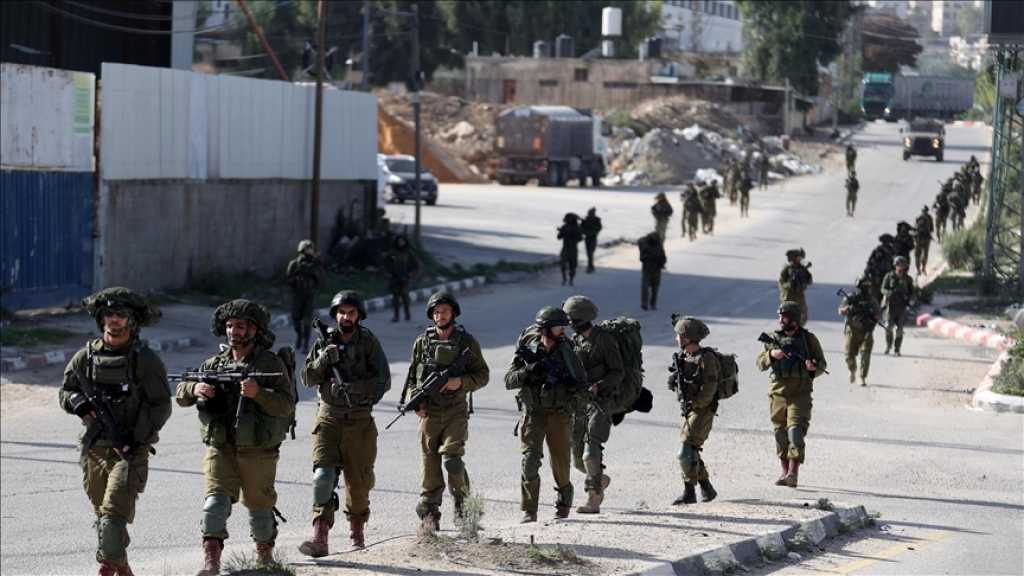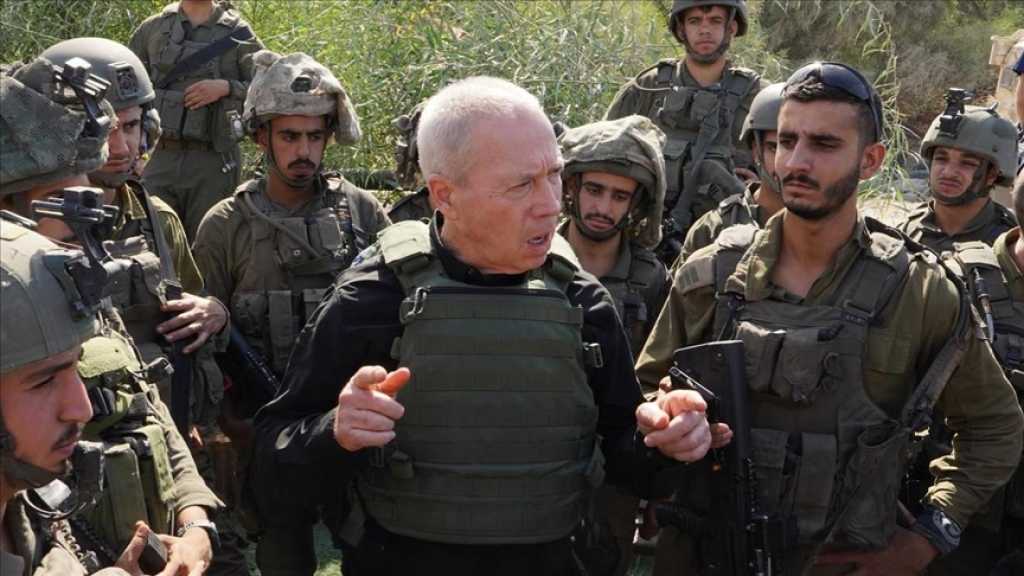
Eye on the Enemy: A Surprising Drill .. Must Calm Down

A Surprising Drill .. Must Calm Down
"Israel" Hayom - Yoav Limor
The human mind, a conspirator by nature, hastened yesterday to search for common sense. If there is a sudden maneuver, an exceptionally large one, on the eve of Yom Kippur, it seems that someone knows or is planning something, or at least something is being plotted. So we can calm down. Nothing is going to happen. This means nothing but a maneuver: a big sudden maneuver, exceptionally large one, on the eve of Yom Kippur. In order to avoid any misunderstanding, the "Israeli" army was keen to announce it, to the inside and outside; inside, i.e. "Israel" to avoid an undue public panic, and outside, to Syria, so it won't be surprised by a sudden "Israeli" strike.
Until the day of the announcement, the maneuver was still a secret. The troops that were summoned in the darkness were surprised, including the two commanders of the artillery brigades that participated in the drill. Last year, the chief of staff ordered to implement a similar surprising exercise to the armored brigade in the reserves. This time, the artillery brigade was chosen to test its transition state from the routine of trainings and operational tasks in the West Bank to the state of emergency in Golan Heights - identifying of places, gathering information, monitoring and firing artillery shells.
Choosing artillery was not by coincidence. Its necessity is to repel the enemy with accurate hits (artillery shells, cluster bombs and rockets) and strike strategic objectives in the front; the home front is an integral part of any implementation plan in the northern "small" sector - Lebanese, and "Big" one - Syrian. Its pace to obtain the needed equipments and to access the sites will affect the course of the first few days that will dramatically shape the conduct of the war.
This preparedness message is just one of a series of messages that apparently the Chief of Staff wanted to send when he decided to execute the maneuver. What is no less important, is the attempt of leaving an impression on the officers that the state of emergency (and even for war) may be short-lived, so vigilance is required in full, even on calm days. Aman's estimate that was presented only two weeks ago at the political echelon shows in fact that the possibility of launching war against us is weak, but a there is a high possibility that a sudden occurrence of intense danger might lead to an unplanned war.
Another message is addressed to the population. Recently, it seems that the possibility of an "Israeli" attack against Iran has dropped back, but that doesn't mean we'll be like Switzerland. The "Israeli" army is getting ready for war that might ignite on any front, at any moment. That's why the army is training, which leads us to the last and most important message in the view of the chief of staff: the "Israeli" army fears decreasing its budget next year, and notes that he won't let -any scenario- affect the abilities of the troops. Moreover, that was the goal behind the rockets fired yesterday in Golan: to reassure that the "Israeli" army will be ready, standing up and armed, not only for a "sudden surprise" but for a real test too.
___________
Iran trying to develop a special freight for Shehab-3 missiles
"Israel" Hayom
"Israel" will not remain indifferent about the immediate and harsh threats of Iran, and it will deter its enemies and protect itself, Brigade (Reserve), Dr. Shaul Horev, head of Israel's Atomic Energy Commission (IAEC), said yesterday at the meeting of the International Atomic Energy Agency (IAEA) in Vienna.
The "Israeli" delegate said in his speech: "We will protect ourselves from any existential threat, since the last meeting, the geopolitical situation in the Middle East is still changing. Unfortunately, the region is being dominated by negative developments, especially in the two states - Iran and Syria, the two countries that are known for their secret quest for a nuclear weapon and the weapons of mass destruction." "Iran does not care about the resolutions and the recommendations of the international community", he added.
On reports of the International Energy Agency (IAEA) about Iran and subsequent resolutions of the Council of Agency Heads, Dr. Horev said that there are lots of compaints over the intransigent Iranian nuclear endeavors. They are working to enrich uranium on a larger scale, build a solid water reactor, make plutonium for military purposes, and test and examine the components of nuclear weapons and try to incorporate a special freight on the Shahab-3 missiles. "
Dr. Horev also expressed regret at the decision of the Arab countries to put again on the agenda of its general meeting a theme entitled ""Israeli" nuclear capabilities." According to his words, putting a theme hostile to "Israel" will limit the conference to discussions of political targets and it is unexpected to enhance regional trust and cooperation. He rejected the view put forward by Obama calling to disarm the Middle East and said that the situation in the region was not "conducive" to a nuclear weapons ban and that "such a process can only be launched when peaceful relations exist for a reasonable period of time in the region". The impetus for a nuclear weapons-free zone must come from within the region, he said, "It cannot be imposed from outside. Regrettably, the realities in the Middle East are far from being conducive."
Dr. Horev addressed Syria and called for a conference about the great weapon of mass destruction in its possession. "The urgent situation in Syria is obliges the mutual cooperation to protect nuclear materials and prevent illegal trade in nuclear weapons. Syria is not alone in the Middle East. Some dictatorial regimes in the region are seeking to possess weapons of mass destruction, unlike all international obligations. "
The chief of the "Israeli" conference assured that "Israel" supports the uses of nuclear power by its neighbors [Jordan], to meet their energy and water needs. The Jewish state, he said, had assisted Amman by providing "comprehensive geological data" to help Jordan decide where to place its nuclear power site.
Source: "Israeli" Websites, translated and edited by moqawama.org
Comments

“Israel” Pulls Golani out of Gaza Quagmire
4 months ago
Knesset Member: ‘Israel’ Facing Economic Disaster
4 months ago
